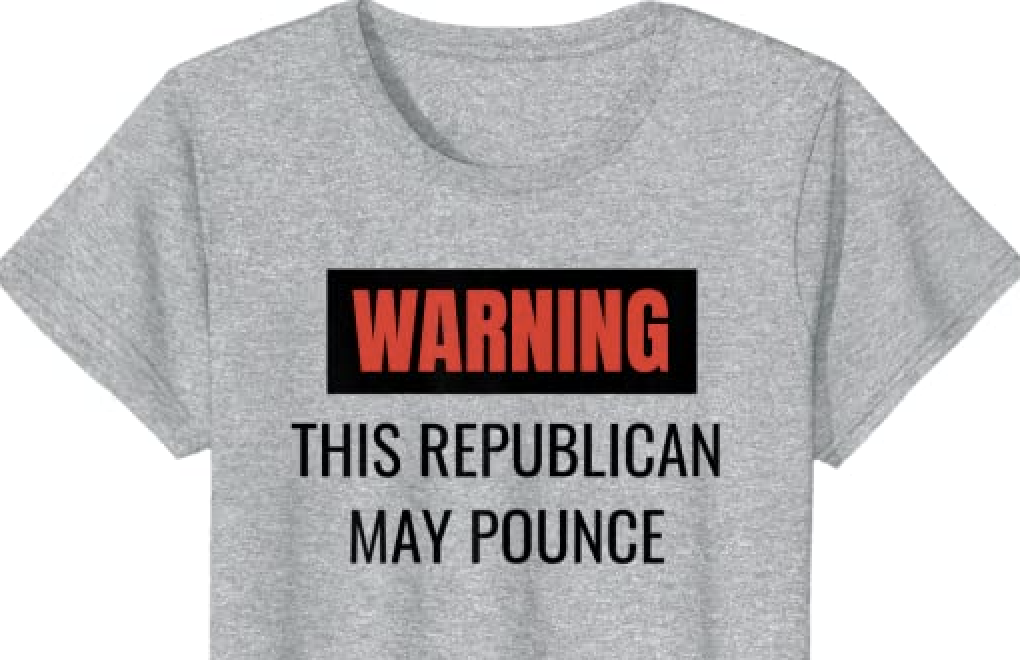Communications specialists inside the D.C. Beltway — journalists, PR pros, everybody — used to have a game they would play when watching major speeches. Check out the Michael Keaton and Geena Davis flick “Speechless,” about two dueling speechwriters whose romance causes complications.
The goal: Watch the speech and predict the sound bite that would make it into news reports. The key was “buzz,” that mysterious factor linked to quotes — positive or negative — that grab editors and producers and, hurrah, affect whatever political war or horse race was in the headlines.
I offered a variation on this process during this week’s “Crossroads” podcast broadcast (CLICK HERE to tune that in), only I applied it, at first, to the pope.
My editors always thought the most important part of a papal speech was whatever he said that was linked to “real news,” as in American politics. I argued that it helped to figure out what the pope was trying to say to millions of Catholics around the world and this (#TriggerWarning) usually had something to do with faith, worship and, well, Catholicism. You know, Jesus stuff.
The goal in this podcast was to apply this process to the elite press coverage of President Joe Biden’s Sunday morning appearance in the pulpit of the historic Ebenezer Baptist Church in Atlanta, where the Rev. Martin Luther King, Jr., was once pastor. This was, according to most of the mainstream press, a “sermon,” as opposed to a political speech of some kind (click here to read the White House transcript).
As you would imagine, conservative media focused on Biden remarks that may or may not have had some connection to real events or even his own life. Was it accurate, for example, for Biden to say he was active, as a young man, in the Civil Rights Movement and highly influenced by the Black church?
The mainstream press mainly went with political sound-bites, but stressed the ones that contained references to Biden’s liberal Catholic faith, biblical social-justice language or muted jabs at Republicans. In other words, the MSM focused on the messages that Biden wanted to deliver. Hold that thought.







